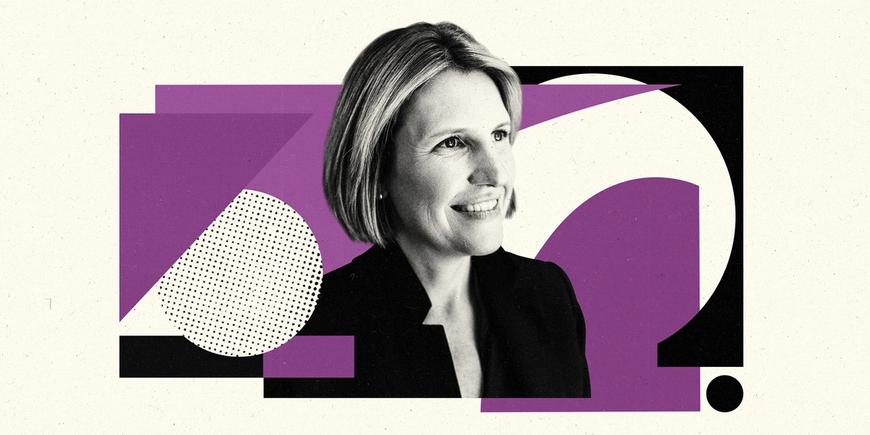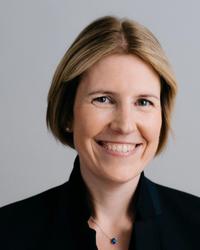The Questions You Need To Ask To Hire Great Salespeople
Partner Cassie Young shares a secret of streamlined hiring: Ask these hard questions first to qualify potential hires earlier in the interview process.

Our Portfolio Impact team regularly assists our founders with “expert interview” support for finalist candidates. For a period of time, our interviews had very low pass rates, and we worried about how frequently we were releasing candidates so late in the interview process.
And that’s when it dawned on us: We were missing an opportunity to help our founders ask richer screening questions in their first screens! Commercial teams are taught to qualify prospective customers as far up the funnel as possible; hiring managers need to do the same in the recruiting funnel.
We’ve amassed a wide assortment of candidate screening questions for all types of positions, and are excited to share examples for a number of different roles in the coming weeks.
First up, we’ll review helpful screening questions for sales individual contributors (account executives, etc.), as well as some thoughts about what we’re listening for when we ask them.
Walk me through your quota (and quota attainment) and average deal sizes in your past several roles. What was the average attainment of the organization? Where were you on the sales leaderboard?
If we’re evaluating for an enterprise role, we are listening for large contract sizes. We’re also double-checking the math! It is surprising how many sellers will say they have a $1MM quota with an average deal size of $50K, only to tell us later in that same call that they do 10 deals per year (thus the math not lining up!). Digging in on these details is especially critical for sellers who have job hopped.
If we spoke with your current manager about your biggest development area, what would they say?
With this question, we are hoping for an answer that works vis-a-vis the company’s stage and needs. If it’s a candidate to be a first seller and we hear that someone has been told they need to improve how they communicate with people outside of their team, it’s probably not a fit for the stage.
Talk to me about how you think about deal qualification and moving opportunities through the funnel.
We are listening for sellers who place heavy emphasis on discovery and talk about their approach for it. We are also listening for mentions of frameworks such as BANT or MEDDIC; if the candidate does not mention any formal sales process, we’ll specifically ask them whether they have used such a framework in the past. We’re excited by sellers who have been well-trained on sales processes.
Have you ever walked away from a big deal because it wasn't a good fit for the business' ideal customer profile? Explain your logic and approach.
The candidate’s answer to this question (which is hopefully “yes!”) helps us understand their command for the company’s ideal customer profile and better ascertain how they think about the downstream impact of their sales on the customer success function. Asking for more detail about how the seller likes to engage with customer success teams can be a natural follow-on question.
How do you stay organized/manage deals in your funnel?
This question helps us get a better understanding of the seller’s organizational skills and how they manage their time. For midmarket and enterprise sellers, we are listening for tactics such as close plans (if the candidate does not bring up close plans, we’ll explicitly ask about that playbook).
Walk me through the size and scale of the organizations and sales teams you've worked with in the past.
A great seller should be conversant in the company’s numbers; we are listening for revenue and team size growth to get a sense for what sort of environments they worked in. It is a red flag for us if a seller cannot recite details about ARR profile, customer count, etc.
Walk me through an example of a time where you built a new process from 0 to 1.
This one is particularly important for seed-stage companies, where most often there is not a commercial leader in place. The first sales rep is very different from an “early” sales rep, and needs to have the skills to help build early processes.
What is your sales superpower compared with your peer set?
What matters most about this open-ended question is the relevance to your business. If the candidate tells you they are outstanding at cultivating strong customer relationships with multi-threaded enterprise customers and you’re selling software to small businesses, is this really the right fit? Conversely, a seller whose superpower is prospecting would be a home run for a company focused on building more pipeline coverage.
